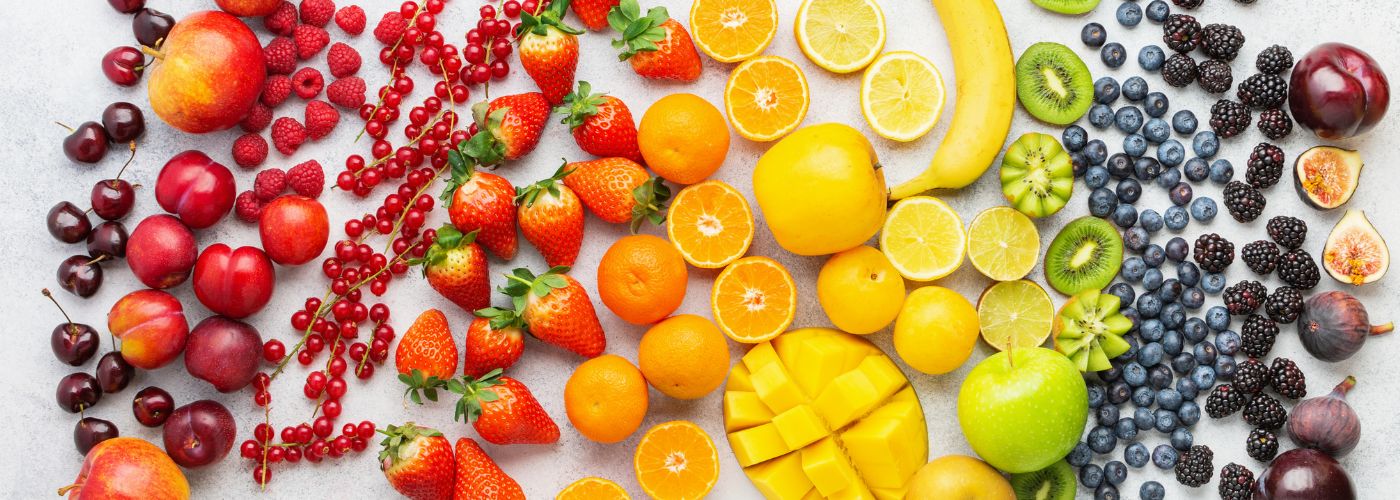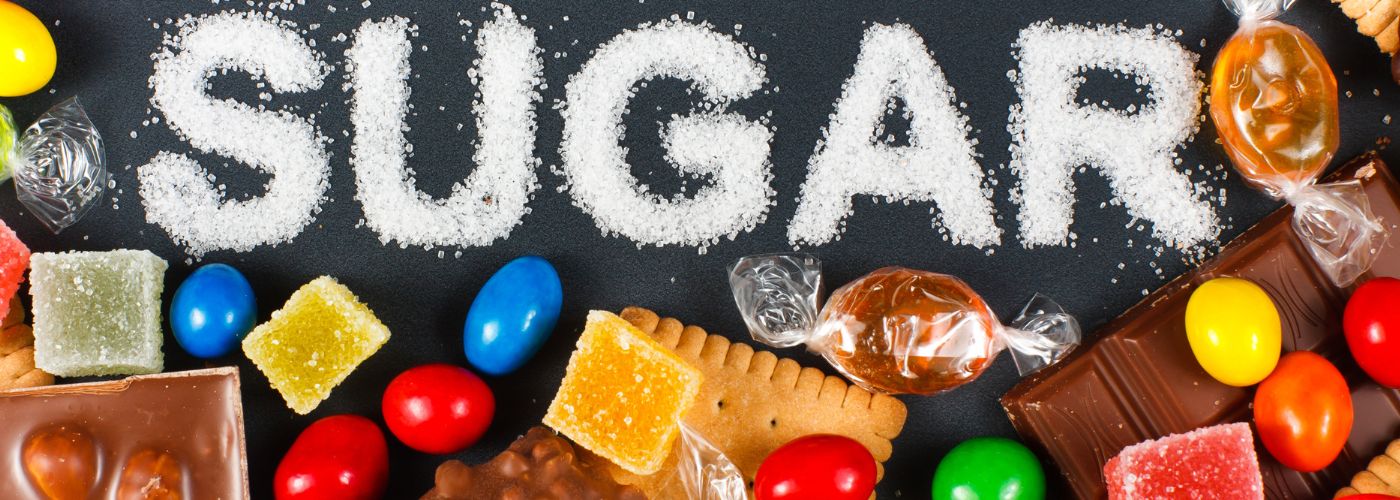Do you find yourself reaching for a sugary treat every time your energy levels dip or your mood takes a turn for the worse? If so, you’re not alone. Sugar cravings are incredibly common and can be a major stumbling block on the path to maintaining a healthy diet. However, fear not! We’ll explore effective strategies to help stop sugar cravings and regain control over your dietary choices.
What Causes Sugar Cravings?
Sugar cravings are something that many people experience on a regular basis, and they can be difficult to resist. But have you ever wondered what causes these intense desires for all things sweet? There are several factors that contribute to sugar cravings, ranging from biological to psychological.
One major cause of sugar cravings is the release of dopamine in the brain. When we consume sugary foods, our brain releases dopamine, a neurotransmitter associated with pleasure and reward. This creates a pleasurable sensation that makes us want more sugar.
Additionally, studies have shown that consuming sugar activates the same areas in the brain that are stimulated by addictive drugs. This may explain why some people find it so difficult to control their sugar intake.
Another factor contributing to sugar cravings is stress. When we are stressed, our bodies release cortisol – a hormone known as the “stress hormone.”
When cortisol is released, our brain is flooded with stress hormones, which can cause sugar cravings. If you’re stressed out, your body is trying to tell you that it needs more nutrients and energy. When this happens, some may lean towards a soda or candy than the healthier option. Those who work out frequently tend to be more health-conscient when choosing a diet.
What To Eat To Stop Sugar Cravings

It’s time to take control of those relentless sugar cravings. There are several foods you can incorporate into your diet to help curb those cravings and reduce your intake of added sugars.
Firstly, opt for foods high in fiber. Fiber-rich foods such as fruits, vegetables, whole grains, and legumes can keep you feeling fuller for longer periods of time and help stabilize your blood sugar levels.
Additionally, they can slow down the absorption of sugars into your bloodstream, preventing sudden spikes in energy followed by crashes that often lead to sugar cravings.
Another effective strategy is to increase your protein intake. Consuming macro nutrient-dense proteins like lean meats, eggs, tofu, and Greek yogurt not only helps build and repair tissues but also helps you feel fuller for longer.
Having an increase in protein is a great way to help the body increase mass, muscle, and even recovery. One study found that individuals who increased their protein intake while reducing carbohydrates experienced a significant decrease in appetite and a lower desire to eat.
Lastly, if you’re struggling with frequent spikes in blood sugar, consider including foods high in fiber and protein. As these nutrients are found to help you feel full for longer, which can lead to less snacking that can spike your blood sugar.
What Deficiency Causes Sugar Cravings
One common nutrient deficiency that is known to cause sugar cravings is magnesium. Magnesium plays a crucial role in regulating glucose levels in the blood, and when levels are low, our bodies may crave sugar as a quick energy fix.
Incorporating magnesium-rich foods such as leafy greens, nuts, seeds, and legumes into your diet can help alleviate these cravings.
Another potential cause of sugar cravings could be a deficiency in chromium. Chromium is involved in insulin regulation and helps maintain stable blood sugar levels. When our bodies lack chromium, it can lead to imbalances in blood sugar levels which may trigger intense cravings for sugary foods. Foods such as broccoli, onions, and whole grains are also rich in chromium.
Another potential cause of sugar craving is a deficiency in omega-3 fatty acids. These essential fats have been shown to improve insulin sensitivity and help reduce sugar cravings. Fatty fish such as salmon, tuna, mackerel, and herring contain high amounts of omega-3 fatty acids.
Does Exercise Stop Sugar Cravings

Recent studies suggest that exercise may hold the key to curbing those sugar cravings. Exercise has been found to have numerous positive effects on the body and mind, from improving cardiovascular health to boosting mood.
Regular exercise offers numerous benefits to both physical and mental health. Firstly, engaging in physical activity helps to improve cardiovascular health by strengthening the heart and increasing blood flow throughout the body. This can reduce the risk of developing chronic conditions such as diabetes, high blood pressure, heart disease, and stroke.
Additionally, exercise promotes weight management by burning calories and building muscle mass, which can prevent obesity and related health issues like diabetes.
Exercise is also known to boost mood and mental well-being. When we engage in physical activity, our body releases endorphins, often referred to as “feel-good” hormones. These endorphins help alleviate stress levels while enhancing feelings of happiness and positivity.
Furthermore, regular exercise has been shown to reduce symptoms of anxiety and depression by improving sleep patterns, increasing self-confidence, and providing a healthy distraction from negative thoughts.
Lastly, those who engage in frequent physical activity also tend to live a healthier lifestyle than those who aren’t as active. Healthier lifestyles can be a great deterrent to stop sugar cravings.

Related Stories
How to Cope with a Sports Injury
Staying active helps your body stay strong. But sometimes, activity leads to pain, strain, or...
Jul
Red, White, and Soothe: How HiDow Helps You Recover in the Heat
Recovery that works in winter doesn’t always hold up in the heat. The body reacts...
Jul
Massage Gun Showdown: How the Power Duo Compares to Traditional Methods
Have you ever considered that a handheld device could revolutionize your muscle recovery? With the...
Jun
Fatherly Fitness Tips For Men’s Health Month
Men’s Health Month is more than a date on the calendar—it’s a call to action....
Jun
Built to Move: The Everyday Recovery Edit
Movement is what keeps us going—literally. Whether it’s recovering after a run, loosening up after...
Jun
Unlocking The Secret To Tissue Injury Recovery With TENS/EMS Devices
Have you ever wondered why some injuries take longer to heal than others? Tissue injuries...
May